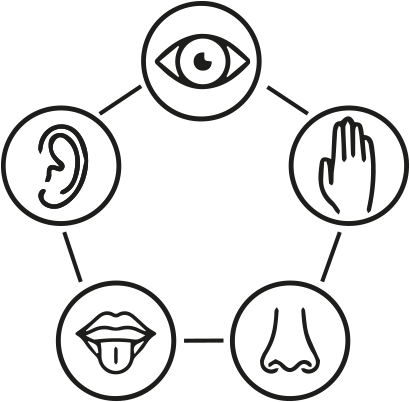Search
Who Nose?
Training the sense of smell – How can smell help address different challenges? How might the use smell to inform investigation, and maybe even make it part of the intervention?
Led by Anna Harris
Diary Notations
Template researching Lived Experience, by Phenomenological (self) observation
Led by Ike Kampfhof
Sounding Bodies
To compare musical instruments and the body as an instrument;
What if the body does not function well enough to train the instrument, the instrument needs specific care, or different ways of playing it can affect the sounds of the instrument? What if we take the body itself as an instrument, tune it, and join it with other bodies?
Led by Genevieve Murphy and Aart Strootman
Analysing Media – Introduction to phenomenology as a research method
Learn to pay careful attention to your prereflective experience. In relation to specific structures in media
For analysing and discussing what this means for our mediated relation to the world, you need theoretical concepts.
Led by Ike Kamphof
Exploring Senses Cards
In this student Premium project ‘Exploring senses’ students created cards and a training manual for sensory education. Premium Project are interfaculty students collaborations.
Modes of Imagination
Learning objectives (course specific): Use the phenomenology and neurophysiology of aesthetic experience, to see how the senses, emotion, and imagination together animate the mind.
Led by: Roel Heremans & Louis Schreel.









